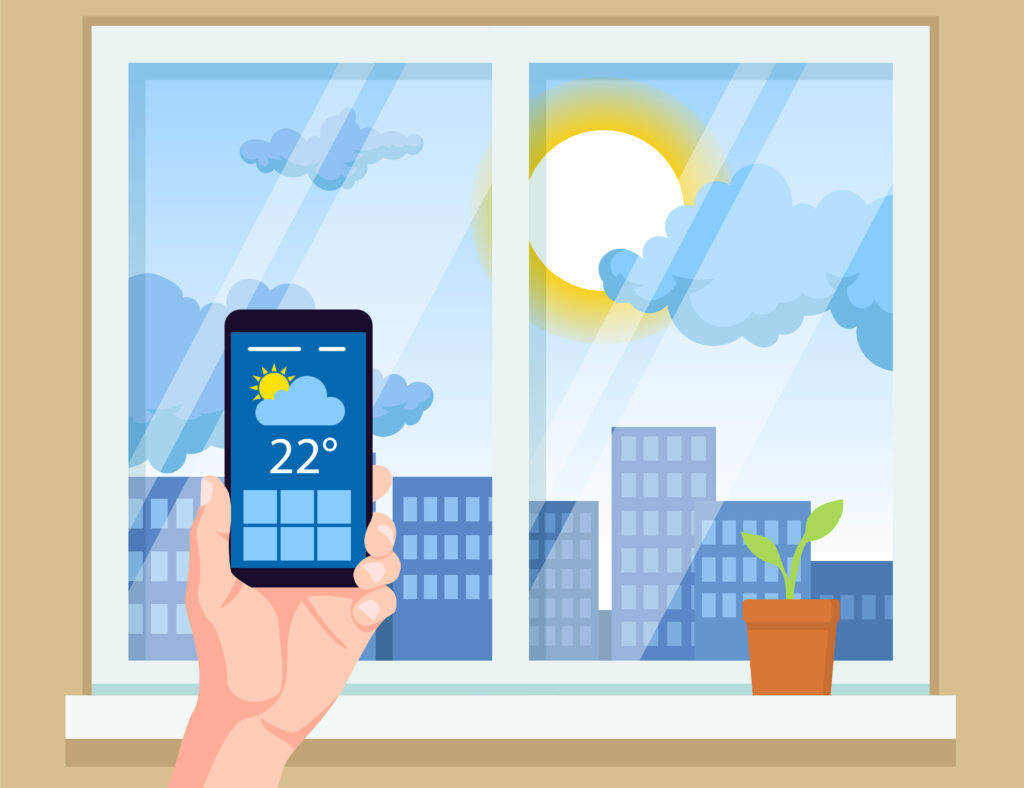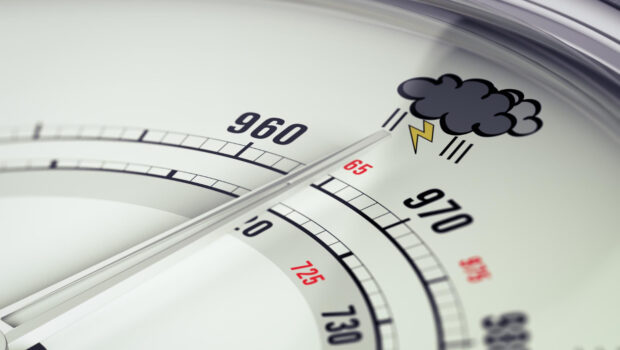Tips for Buying the Best Home Weather Station
If you own a land full of crops or even a small garden in your backyard or live in an area with unpredictable weather conditions, you will require an accurate weather report of that area to take the next decisions.
However, weather forecasting on TV, radio, or smartphone is not truly accurate and personalized. So for saving yourself, your loved ones, and even plants from extreme weather conditions, you should invest in the indoor outdoor weather station, which can give you the personalised weather forecasts in your area.
However, there are a lot of home weather stations available, and it’s truly hard to select one of them. Hopefully, here we are to your rescue with our tips for buying your ideal home weather station, including some of the most important factors you should look for while buying a home weather station.
Accuracy
While getting any instrument, it’s important to check whether it gives accurate results or not. There is no use of your home weather station if it cannot predict weather conditions accurately. The accuracy of your home weather station will also depend on its type.
If it’s a digital weather station, it must give accurate values while the manual ones require more time. On the other hand, if you get a cheaper home weather station, it will have fewer sensors and quality to predict the weather inaccurately.
We would recommend not going for cheap home weather stations as they will give you false data, and it might affect your plants and crops.
Number of sensors
The more the sensors, the more the home weather station will cost. However, your home weather station should include a thermometer, hygrometer, barometer, rain gauge, and an anemometer for sensing changes in temperature, humidity, pressure, rain, and wind, respectively.
Also, there are weather stations with sensors for UV rays, moisture, and humidity, which are important to be included in your home weather station.
But will increase its cost. So having different sensors will depend on your preferences and budget, but the five explained above should be a must.
Durability
No one installs a weather station in their home, so it needs to be durable and strong. Moreover, it should endure extremely bad weather conditions and still should be able to transmit data.
Mostly, the cheaper weather stations are not made of quality materials, so there is a high chance they might break within a month. On the contrary, if you go for high-end home weather stations, they will last longer and save you from frequent repairs.

Image by Freepik
Connectivity options
Gone are the days when you had to go near the weather station to collect the data. Nowadays, home weather stations have a lot of connectivity options such as Wi-Fi and Bluetooth.
So you can easily check on them. Many digital weather stations come with personalized apps that can provide you with weather forecasts, sensor data, weather conditions with a single click on your smartphone.
If your home weather station is damn expensive, it might have the ability to control your water sprinklers, which will be great if you are away for some days and there is no one to look after your plants.
Transmission distance
The transmission distance matters a lot if you buy a home weather station for your farm. If the transmission distance is less, you cannot install the weather station at the right spot. So if you have a big land to cover, get a home weather station with a transmission distance of at least 330 feet.
Solar-powered
If you experience scorching sunny days in your area, you might use it to your benefit. Getting a solar-powered home weather station is the best thing you can do. You don’t have to connect it using lengthy wires. Also, they will save some of your money by cutting down your electricity bills. However, they use lithium batteries as a backup.
Upgrade options
Every year, as technology advances, many features get introduced in a home weather station, so the one you will buy should be open to upgrades. Or else, it won’t match with current versions and technologies. Also, you should be able to modify your home weather station using different sensors, connectivity, and much more.
Conclusion
Buying a home weather station can be tricky, but with our tips for buying the ideal home weather station, you might have an idea of what to look for in a home weather station. There are a lot of home weather stations emerging every year with advanced technologies, so do not go for any old model.
Cover Image by Freepik












